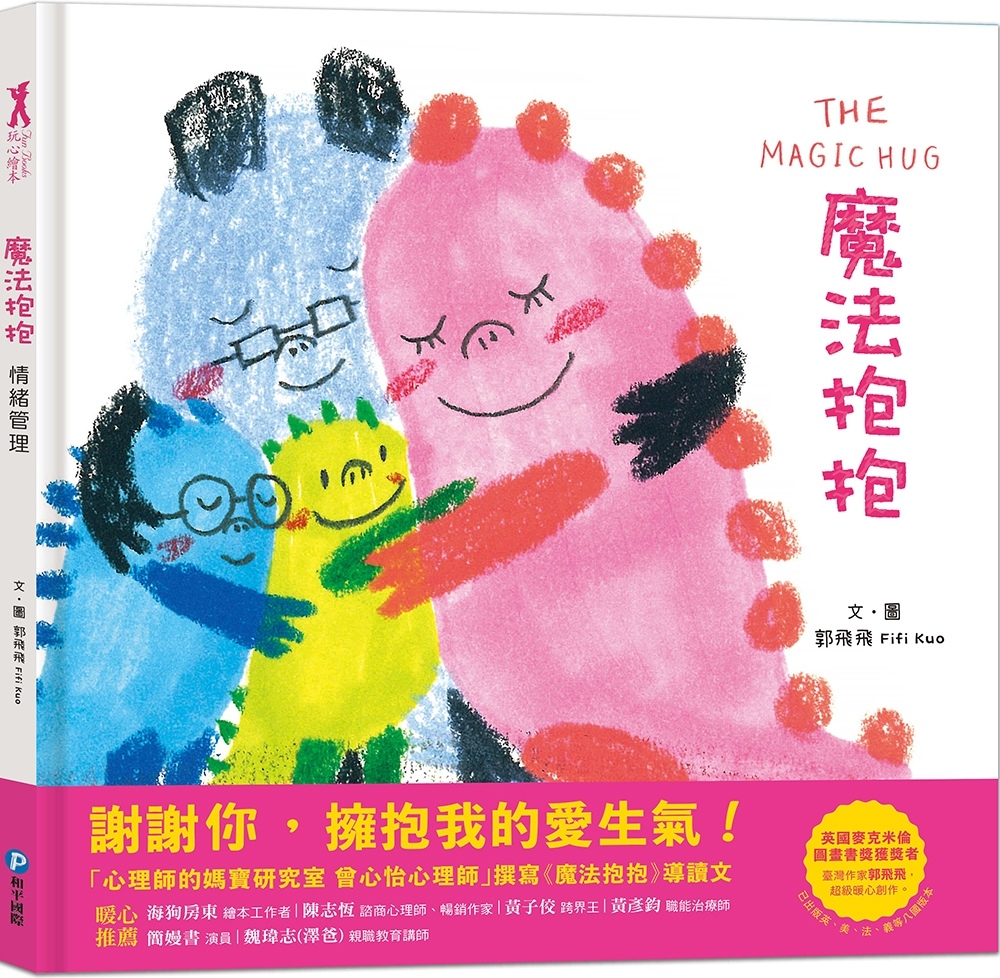Peter d’Abbs is a professor, Substance Misuse Studies, at the Menzies School of Health Research, Darwin and Brisbane. He also holds honorary positions in the School of Public Health, University of Queensland, and the School of Population Health, University of Melbourne. He is a sociologist with more than 30 years’ experience in conducting research relating to alcohol misuse and alcohol policy, much of it concerned with alcohol issues among Aboriginal Australians. From 2001 to 2010, he was a founding director of the Alcohol Education and Rehabilitation Foundation (AERF - subsequently renamed Foundation for Alcohol Research and Education (FARE)), and in 2007, he was placed on the Honour Roll of the National Drug and Alcohol Awards for his research into substance misuse in remote and regional settings. He is currently a member of the National Health and Medical Research Council (NHMRC) Alcohol Working Group, appointed to review the national drinking guidelines.
Nicole Hewlett is an Aboriginal woman with a bachelor’s degree in Psychological Sciences (Hons) and a master’s degree in Public Health. Nicole has broad grassroots experience working with Aboriginal and Torres Strait Islander communities across Australia to support the implementation of effective Close the Gap policy and manage numerous national tobacco, alcohol, and other drugs projects. During 2015-2017, Nicole managed a $2.1 million nation-wide Aboriginal and Torres Strait Islander project aimed at raising awareness of and reducing the impact of FASD in Australia. Nicole currently holds positions with Queensland University of Technology and Menzies School of Health Research and is a member of the National Health and Medical Research Council (NHMRC) Alcohol Working Group, appointed to review the national drinking guidelines. Since 2018, Nicole has been a board member and a treasurer of the National Organisation for Fetal Alcohol Spectrum Disorders (NOFASD), a not-for-profit peak organisation dedicated to the prevention of alcohol exposed pregnancies in Australia and an improved quality of life for those living with FASD.

 看圖書介紹
看圖書介紹









